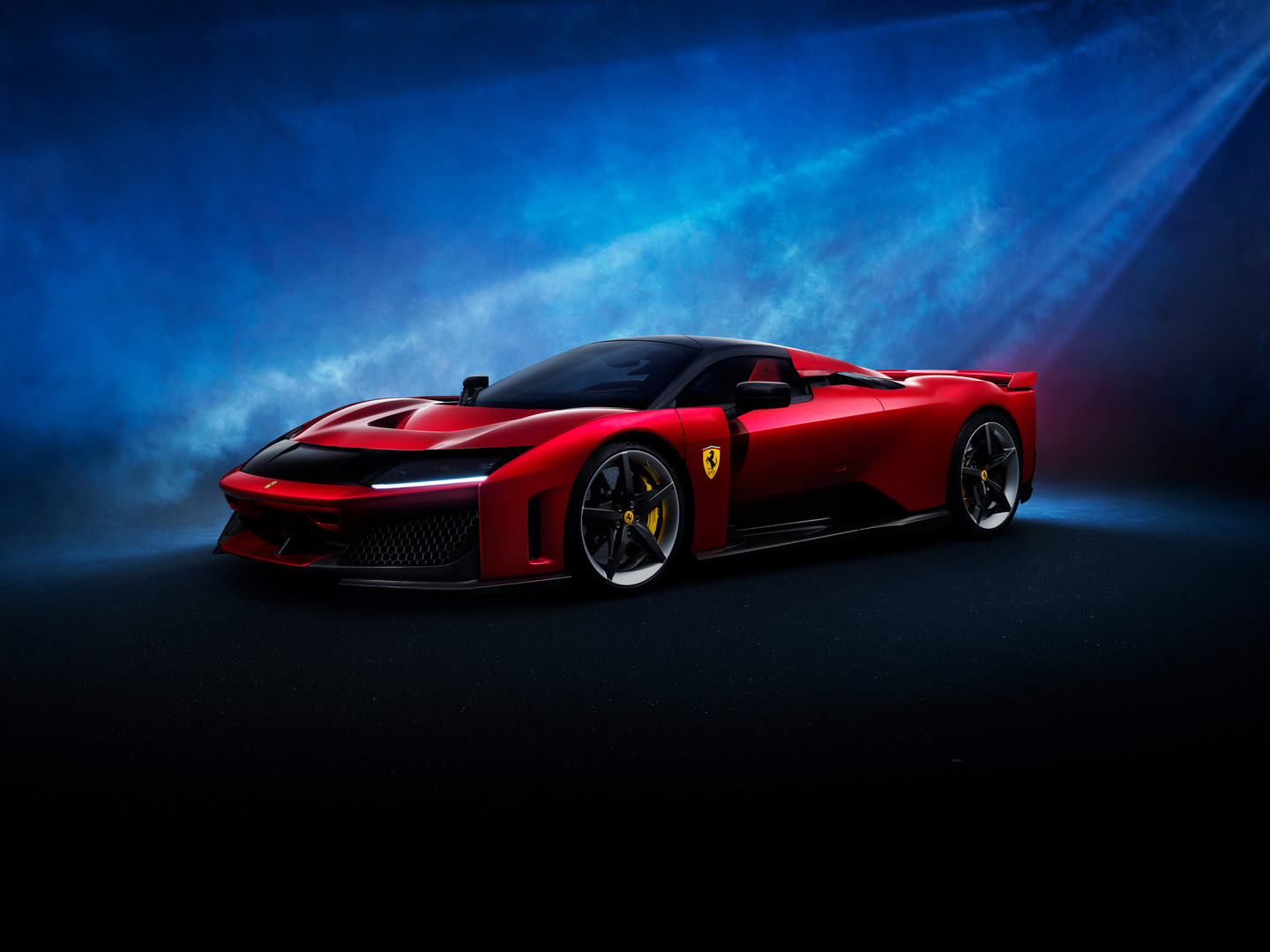For most automakers, growth means selling more cars. For Ferrari (RACE +0.20%), it means selling fewer cars -- but at higher margins, with a deeper emotional connection, and to customers who never ask for a discount.
With these strategies, it has quietly become one of the most profitable luxury businesses in the world. Investors who still see it as an automaker are missing the bigger story: Ferrari is a luxury house with wheels.

Image source: Getty Images.
Ferrari's luxury business model
Ferrari designs and builds ultra-premium sports cars, but its economics have more in common with Hermès than with Toyota. Every aspect of the business is engineered for scarcity, exclusivity, and customization.
In 2024, Ferrari delivered 13,752 cars -- a tiny fraction of the output of mainstream manufacturers -- yet generated 6.677 billion euros in revenue. That year, the growth in sales volume was just 89 cars, but revenue improved by €707 million, a feat that almost no car companies can achieve.
Those figures place Ferrari in a different league. Its margins rival luxury fashion houses and far exceed peers in the auto sector, where high costs and price competition typically cap profits in the single digits. According to Macrotrends, Ferrari's gross margin reached about 50% in 2024, roughly five times that of General Motors.

NYSE: RACE
Key Data Points
Scarcity -- the engine behind Ferrari's economics
Ferrari's defining choice is to stay small. The company's founder, Enzo Ferrari, famously insisted on producing "one car less than the market demands." Management still follows that mantra today. By capping production, Ferrari preserves rarity, drives waiting lists, and strengthens resale values -- a feedback loop that reinforces the brand's mystique.
What's special about Ferrari's brand isn't recognition -- it's permission. Ferrari can raise prices, restrict access, and still expand demand. This unique effect is the essence of luxury economics: When price increases, desire often rises too.
That brand gravity also lowers risk. Waiting lists extend years into the future, creating pre-sold demand that cushions Ferrari against economic downturns. Even in recessions, ultra-high-net-worth customers tend to remain loyal.
In that sense, Ferrari behaves less like a carmaker and more like a perpetual franchise. Its intellectual property, craftsmanship, and heritage act as intangible assets that compound with time.
A portfolio within a brand
Ferrari is quietly becoming a portfolio of experiences -- not just a manufacturer of vehicles. Its revenue mix tells the story:
- Cars and personalization -- the core product, where craftsmanship meets exclusivity.
- After-sales and restoration -- a recurring revenue stream that keeps older models in circulation and collectors engaged.
- Brand and sponsorship -- about 15 % of revenue comes from activities such as Scuderia Ferrari's Formula 1 partnerships, lifestyle licensing, and financial services.
The "brand" segment may look small, but it carries exceptional margins and strategic value. Through partnerships, lifestyle licensing, and its Formula 1 team, Ferrari monetizes visibility without eroding exclusivity.
In other words, Ferrari is scaling attention, not production. Every race weekend, millions watch the brand compete, reinforcing the mythology that sells its road cars. This loop between sport and commerce -- between heritage and aspiration -- is difficult for rivals to replicate.
The discipline that sets it apart
Ferrari's success comes not from technological disruption but from restraint. While other automakers chase scale or electric-vehicle volume, Ferrari moves deliberately. Its first fully electric car will arrive in 2026, and management has said that by the end of 2026, about 60% of sales will be hybrid or electric -- without compromising sound, emotion, or driving experience.
That slow-and-steady transition protects what matters most: brand identity. Ferrari knows customers don't buy efficiency; they purchase feeling. This disciplined growth philosophy also shows up in financial management. Free cash hit €1.0 billion in 2024, even after heavy investment in product development and the new Maranello EV facility.
What does it mean for investors?
Ferrari's business has all the traits of a luxury compounder: high margins, pricing power, strong cash flow, and brand equity that deepens over time. It trades around 41 times earnings, a premium to typical automakers -- but that multiple reflects the economics of scarcity, not scale.
If it continues to maintain discipline -- limiting supply, enriching its mix, and preserving its emotional DNA -- Ferrari can continue compounding value for decades.
It's a company that every long-term investor should take a closer look at.






